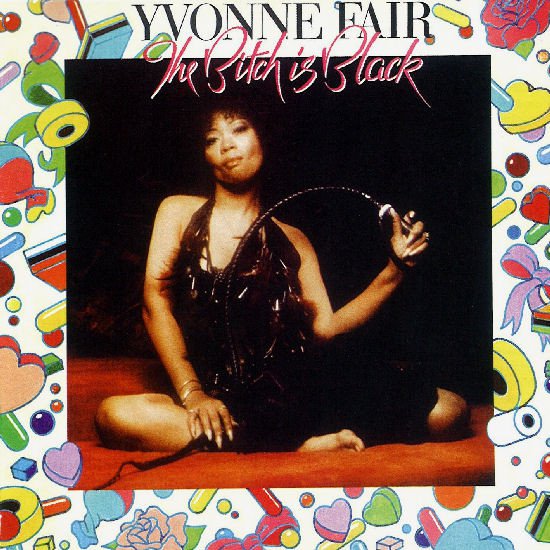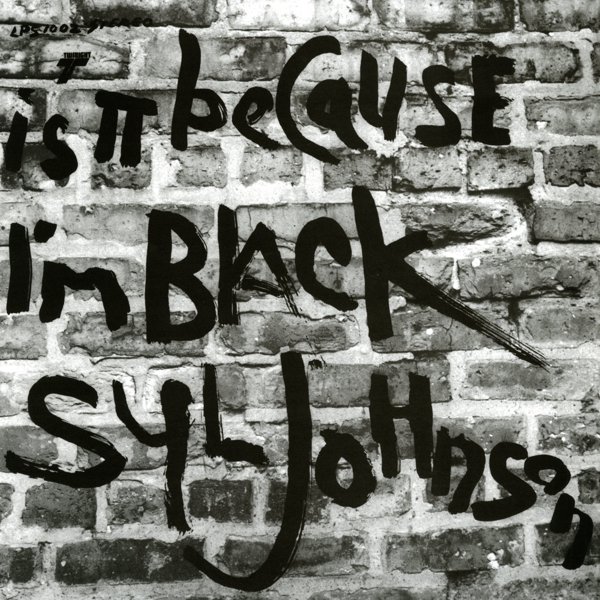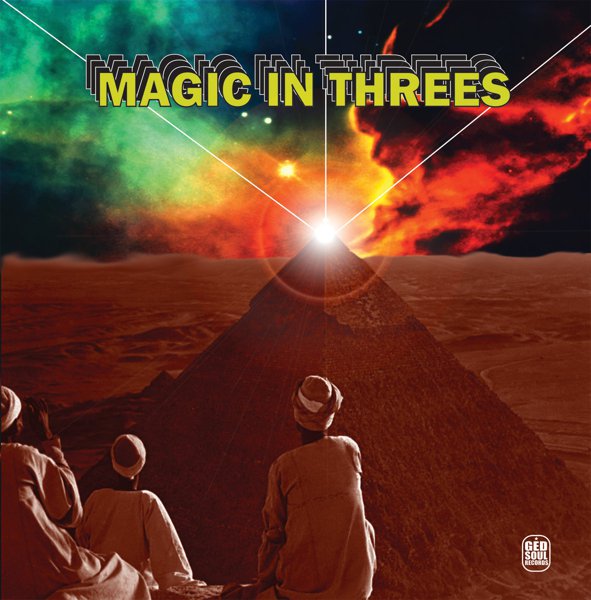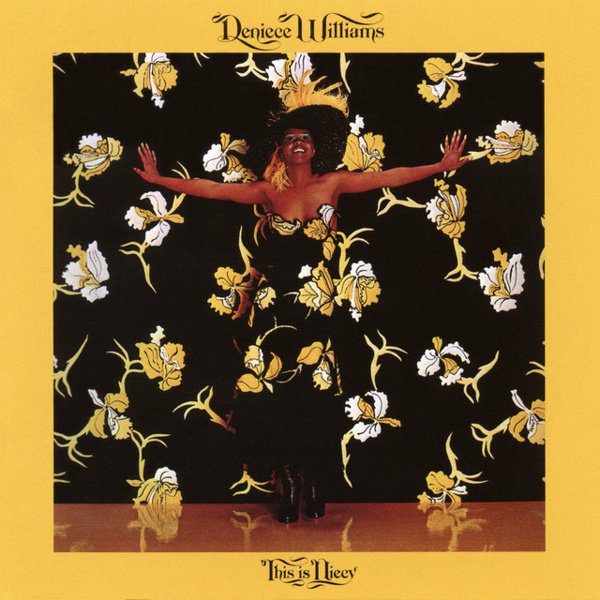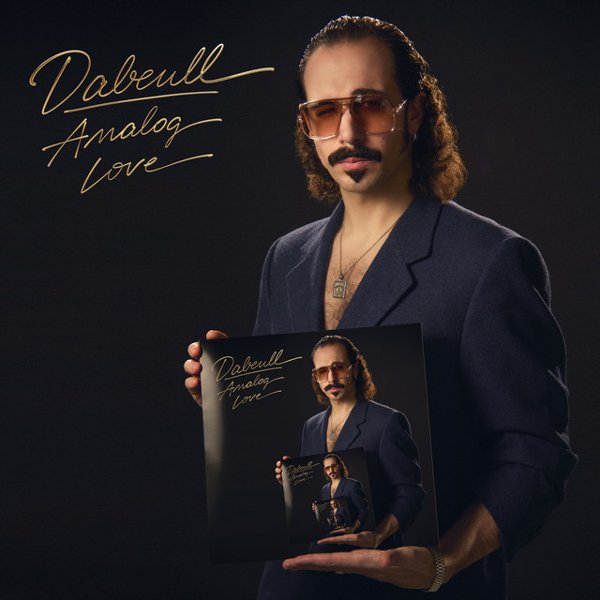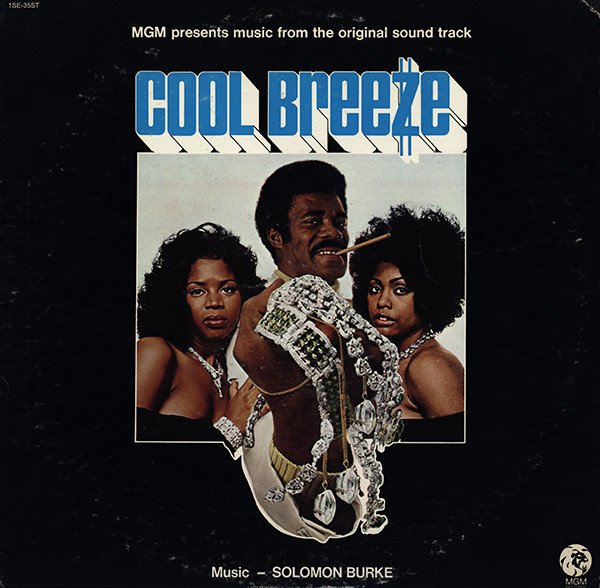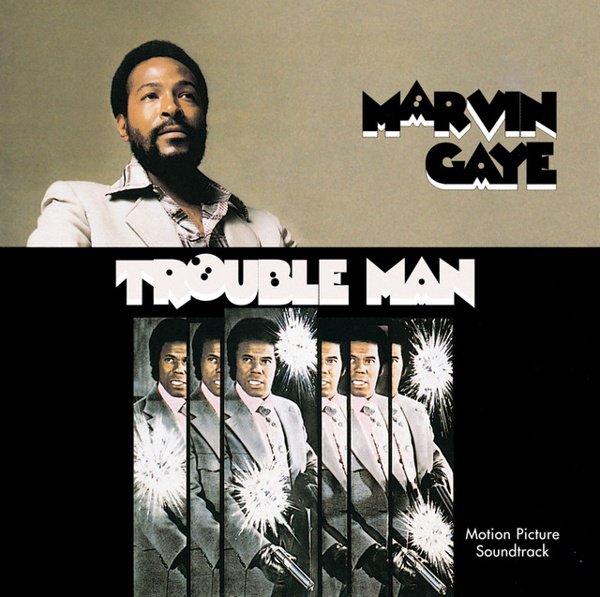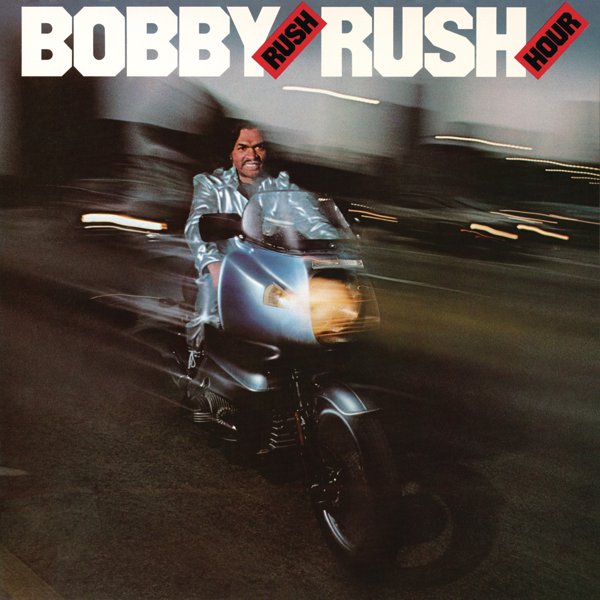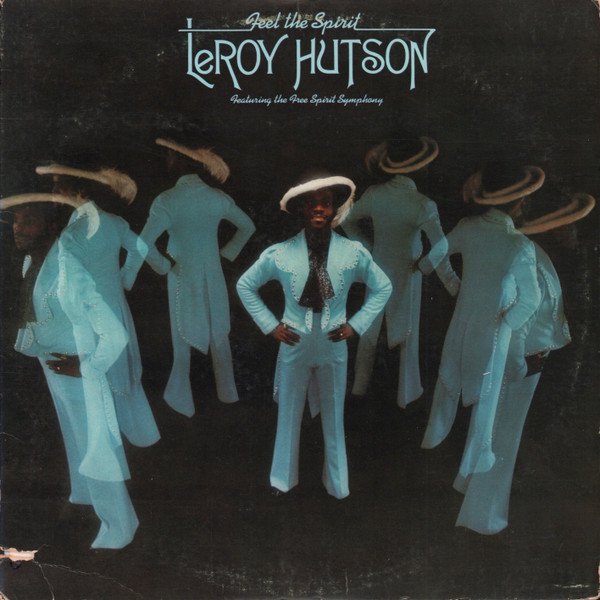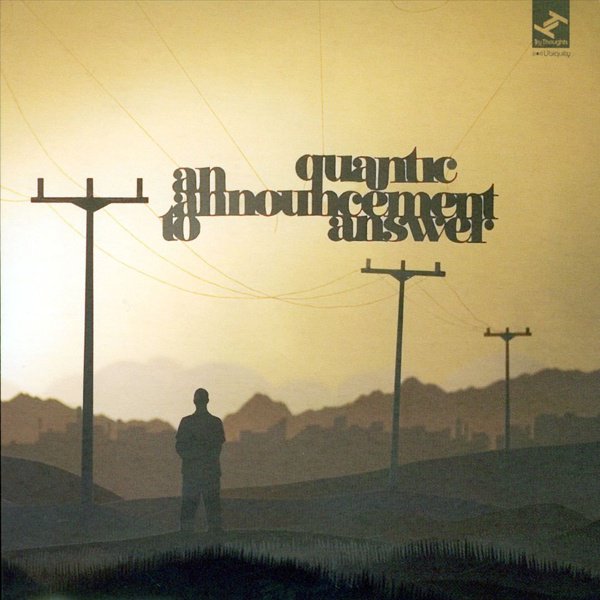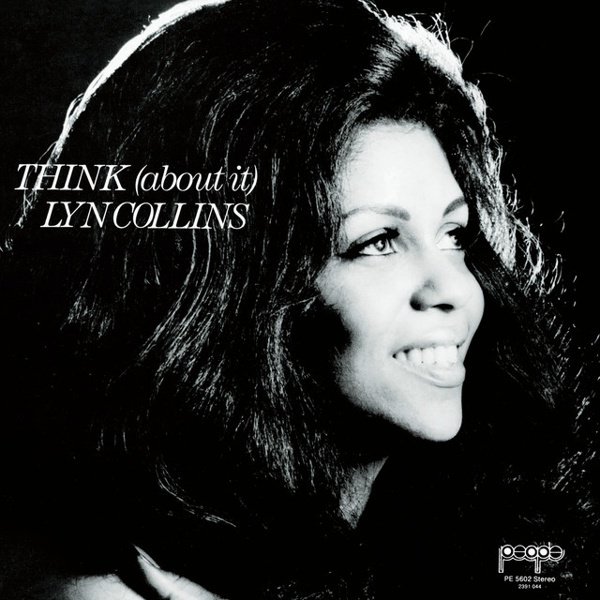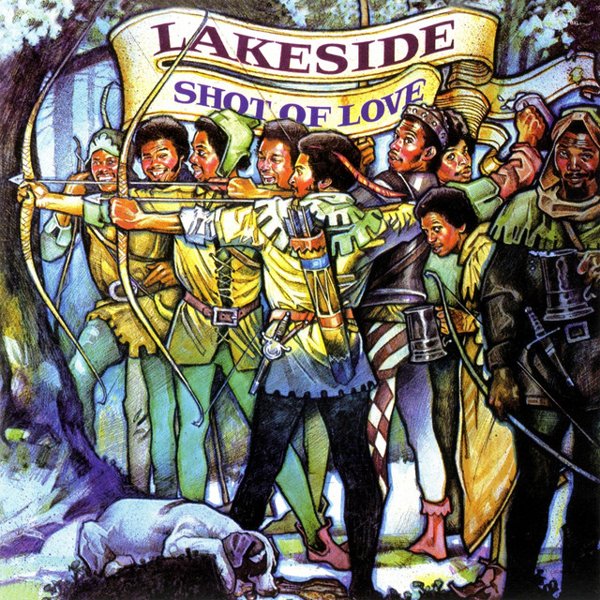The Bitch is Black
The only album from Yvonne Fair, who’s best known for her mid seventies hit ‘It Should Have Been Me’ which is included here. It’s a Norman Whitfield project, one of his last for Motown and includes a broad range of soul and funk tracks, from ballads to hard-edged dancefloor numbers. Fair had a big, raw, forthright voice and the production on the up-tempo tracks here is suitably nasty-funky. While not a fully-fledged Whitfield psychedelic album there are traces of his late 60s/early 70 hippie-soul sound in the interlocking guitars and congas. An overlooked down-and-dirty funkfest peppered with soaring ballads.
There’s an NME article about singer Yvonne Fair from 1975 that opens, “If anyone is going to entice me to rip down my pin-ups of Millie Jackson & Tina Turner it’ll almost certainly be the raunchy and oh-so-delectable Yvonne Fair.” It goes on and on about this incredibly talented singer, not about her music, but about her looks. There’s no need to linger on it, but the focus on her looks obscured the real story— her sound.
So let’s talk about Yvonne Fair’s sound.
Fair’s one and only Motown release, 1975’s The Bitch is Black combines all the good things about the era’s funk and soul with the power of the label’s production and backing from its house band the Funk Brothers. It should have made her a star. So what happened? The short answer is Motown. The slightly longer answer is that Motown’s well-honed music machinery—which put out a lot of albums—didn’t nurture every one. That machinery, after all, was run by people, and people let things slip through the cracks. Even Fair acknowledged it: “They had so many artists; me being an unknown, I got lost in the crowd. I’ve just had to wait my turn.” Her turn never really came, and the album really did get lost in the crowd until a 2009 reissue.
The album is lush and layered, like much of producer Norman Whitfield’s work at the time. Fair described herself to a cross between Tina Turner and LaBelle, but it’s not fair (no pun intended) to compare her to them; she is wholly her own thing. She shows it on tracks like “Let Your Hair Down,” where the rough edges of her voice scrape across a spacy funk. And those rough edges add just a little pain and loss to “Stay a Little Longer.” It’s too bad she didn’t get the attention she deserved the first time around, but luckily albums have no expiration date, and this one likely sounds just as special as it did the first time around.

